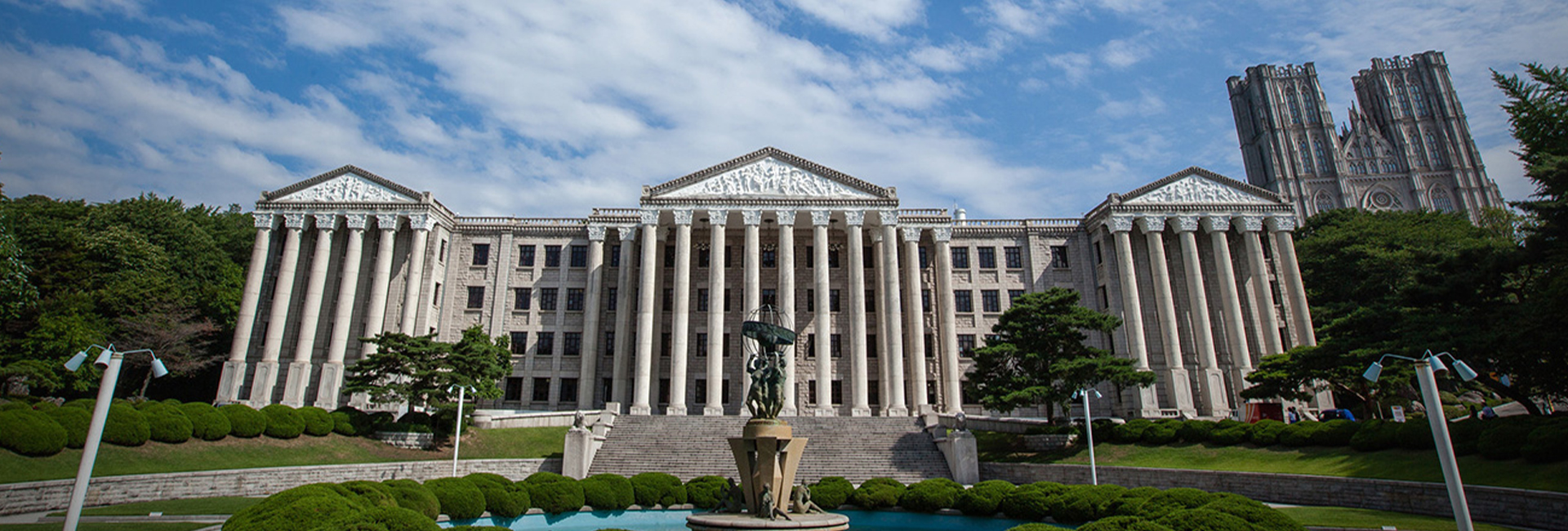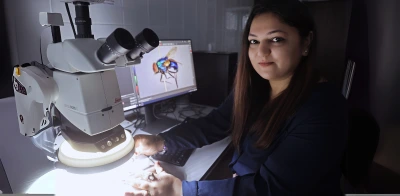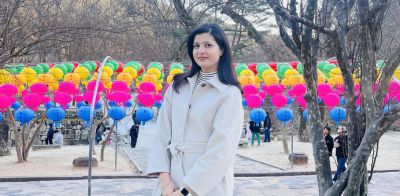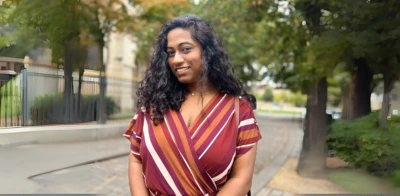Name: Vanshika Mittal
University: Kyung Hee
Course: Masters in Korean Language
Location: Seoul
Key Highlights:
- The Korean language is similar to Hindi and Tamil
Study culture in Korea is highly competitive and focuses more on assignments and presentations
Being the only Indian student in her Korean language program at Kyung Hee University has been a transformative journey
(November 7, 2024) Walking through the gates of Kyung Hee University, Vanshika Mittal felt a sense of joy and amazement. Learning Korean was her passion which brought her to the country on a 100 percent scholarship. “It includes tuition fee, airfare and a monthly stipend of 1 million won (approx. ₹60,000),” she tells Global Indian.
It was her love for K-pop and K-drama that led her to learning Korean in Delhi and later switching her major from microbiology to Korean language. “I love the fact that the Korean language is a great mix of science and culture,” she adds.
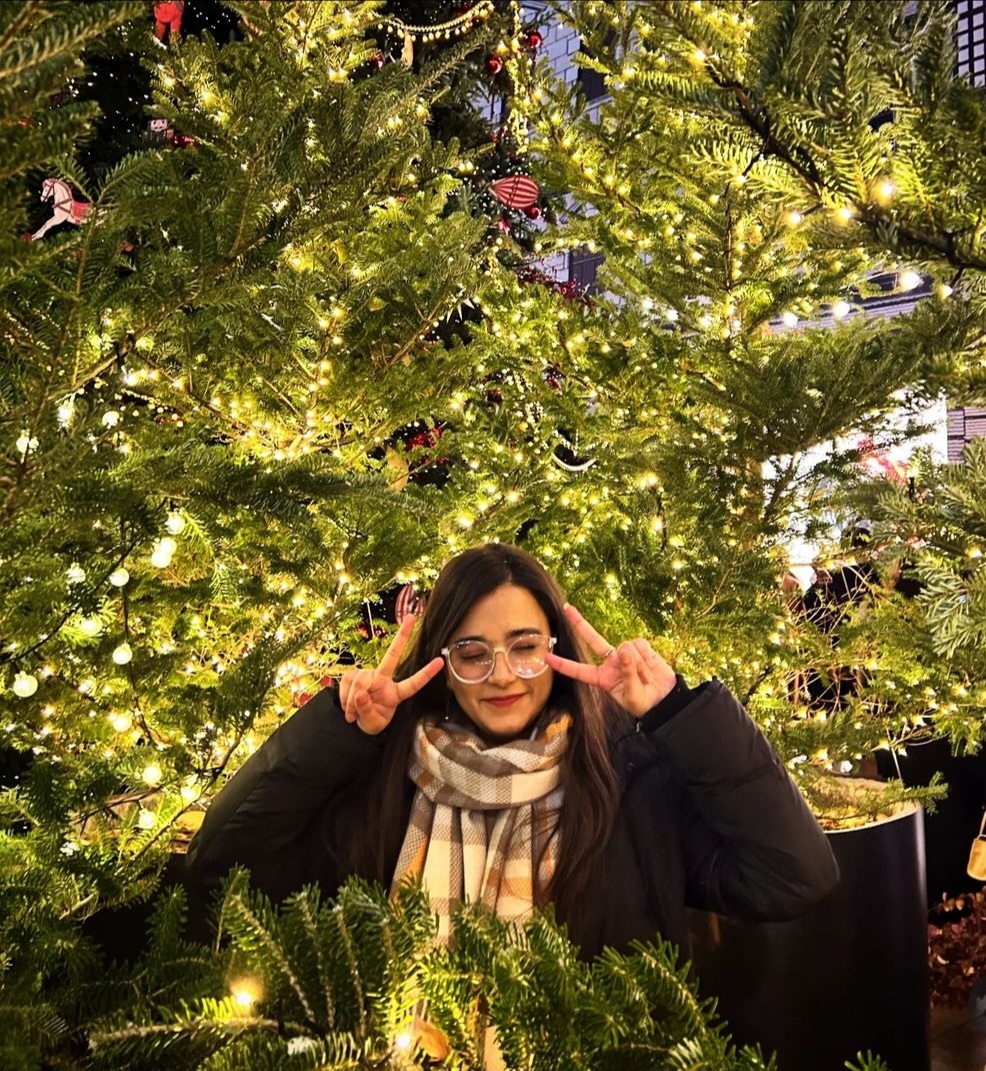
Vanshika Mittal
From microbiology to the Korean language – how a decision changed it all
While pursuing her bachelor’s in microbiology at Delhi University, she began learning Korean language. “When Covid hit, I had enough time on my hands. By then, I was sure that microbiology wasn’t my calling and my growing interest in K-pop and K-dramas led me to the Korean Culture Centre in Delhi, where I began learning the Korean language.” In no time, she fell in love with the language and decided to switch her major to Korean. This passion eventually brought her to Korea.
But what lured her into taking up the Korean language was its script. “The Korean alphabet, Hanguel, is considered scientific,” she says, explaining, “The vowels and consonants are made on the shape of the mouth when you pronounce it. The language is divided not just in words and syllables but also the articulatory features.” This intrigued Vanshika into taking up the language as a major. “The formation of the vowels follows the yin-yang principle. This entire story about how vowels and consonants are made impressed me.”
While sitting for her Korean language course, she realised how similar it was to Hindi and Tamil. “The subject, object, and verb pattern is different in English but Korean and Hindi are quite similar. Even the honorifics are similar.”
Already a fan of K-drama and Asian shows, she was introduced to K-pop by her friends, which sparked piqued her interest in Korean culture. During the COVID-19 pandemic, the Hallyu wave gained momentum, and like her friends, she too was keen to learn the Korean language which led her to Korean Culture Centre. Having a passion for learning languages, Vanshika found herself exploring the “scientific basis on which one acquires a language.” “I became interested in bilinguistics and psycholinguistics.” After learning the basics, she enrolled at the King Sejong Institute, Imphal branch where she learned the language for two years. “There are eight levels – four basic and four intermediate. I was at Level 7 when I came to Korea and completed it here.”
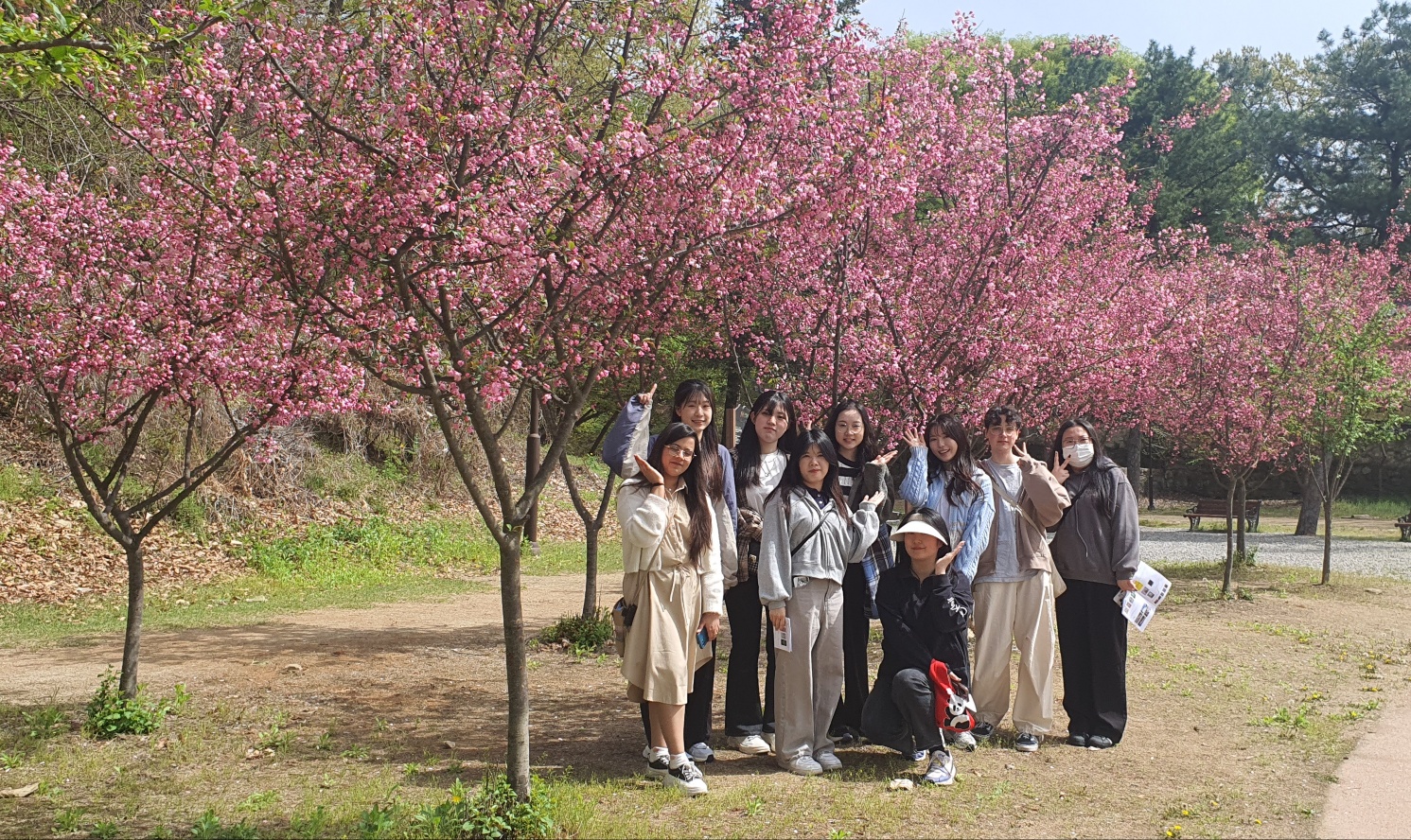
Vanshika Mittal on a field trip
Finding the right guidance
Selecting the right university was a challenge for Vanshika, especially without any guidance. Unlike the UK, US, or Canada which attracts a large number of Indian students, Vanshika struggled to find information about the admission process in Korea. Fortunately, the Global Korea Scholarship program came to her rescue as it became her source of information. “I watched videos from students studying in Korea on YouTube and their Instagram posts. While they could assist with the application process, they couldn’t evaluate my profile or offer specific guidance,” she explains. That’s when she turned to universities and professors who could assess her profile and help her decide on the right major.
She zeroed in on Kyung Hee University in Seoul. However, the scholarship required a minimum of five to six levels on the Korean proficiency test, TOPIK, to qualify for a Master’s degree. “If someone hasn’t reached level five or six, they must complete a one-year Korean language course. So I did the same when I arrived in Korea last fall,” shares Vanshika.
Getting into Kyung Hee University
For her Global Korea Graduate Scholarship, she had to score above 80 percent in her bachelor’s. “They also look at your internships and TOPIK score.” Explaining the admission and application process, Vanshika says that one can apply for Fall or Spring session like any other university. But specifically for scholarships, it opens each year in February. “It’s important to start the documentation process several months in advance. The application process follows two tracks: Embassy and University. Through the Embassy track, students can apply to only three universities. “The application is first reviewed by the embassy, where an interview is conducted. It is then forwarded to the National Institute for International Education, and finally sent to the universities for further evaluation.” However, if one chooses University Track, they are allowed to apply to only one university.
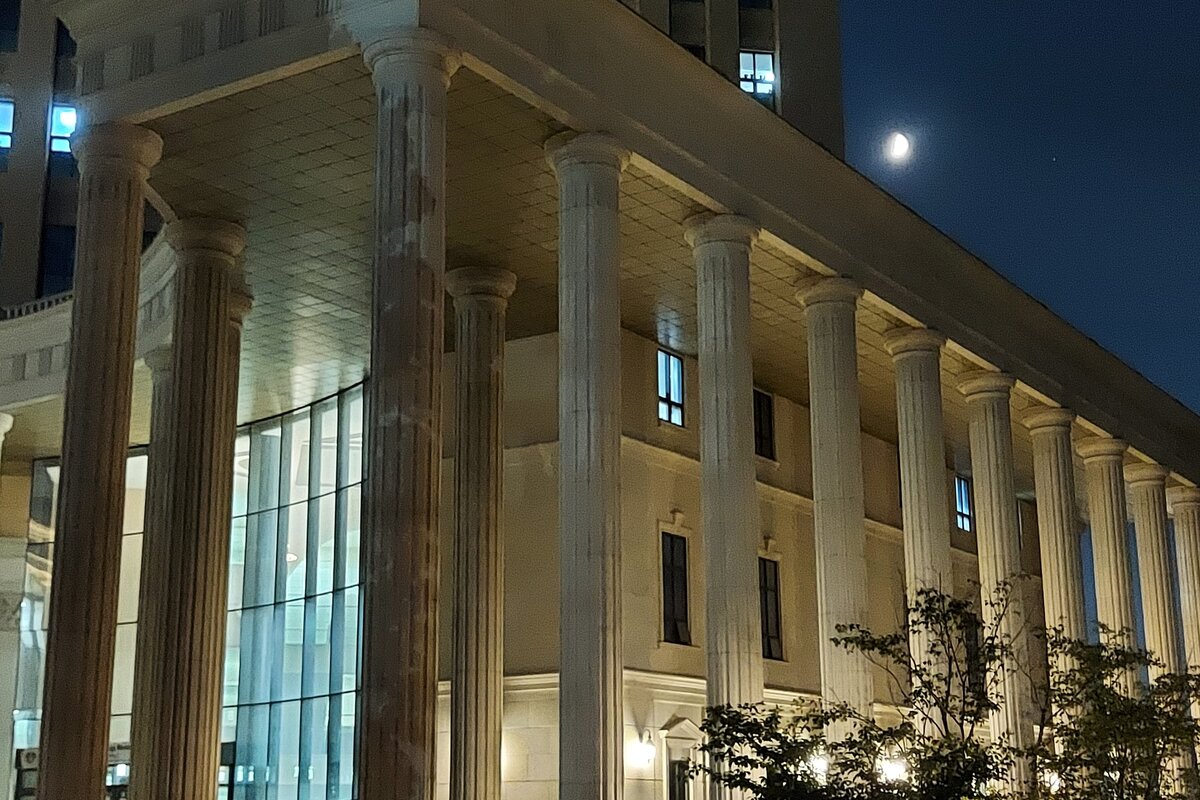
Kyung Hee University
This September, she began her Master’s in Korean language at Kyung Hee University, where she is currently the only Indian student in her program. “I am only the second Indian student ever to enroll in this course at the university,” she says.
Her tryst with Korea
Moving to Korea was challenging for Vanshika, as it was her first time living outside India, and the language posed difficulties at first. “Although I studied Korean for two years in India, we didn’t get much opportunity for daily conversation practice. Adjusting to the accent and speed took some time,” she explains. However, Vanshika felt more confident than many new students who didn’t know any Korean at all.
Like any international student in Korea, she had to navigate basics like opening a bank account and grocery shopping. But the dust settled after a few months and now she feels at much ease in Korea. “At first, I struggled in classes, but gradually I caught up and made friends from the US, France, and China. Many of my classmates were curious about Indian culture and our festivals, which made me feel very proud of my heritage,” she smiles.
A year has passed since Vanshika arrived in Korea, and looking back on those early days, she recalls being in awe of the country. After hearing and reading so much about it, she felt like a child in a candy store. “Every little experience thrilled me—from ordering food at kiosks to visiting my favorite places, everything felt exciting,” she says.
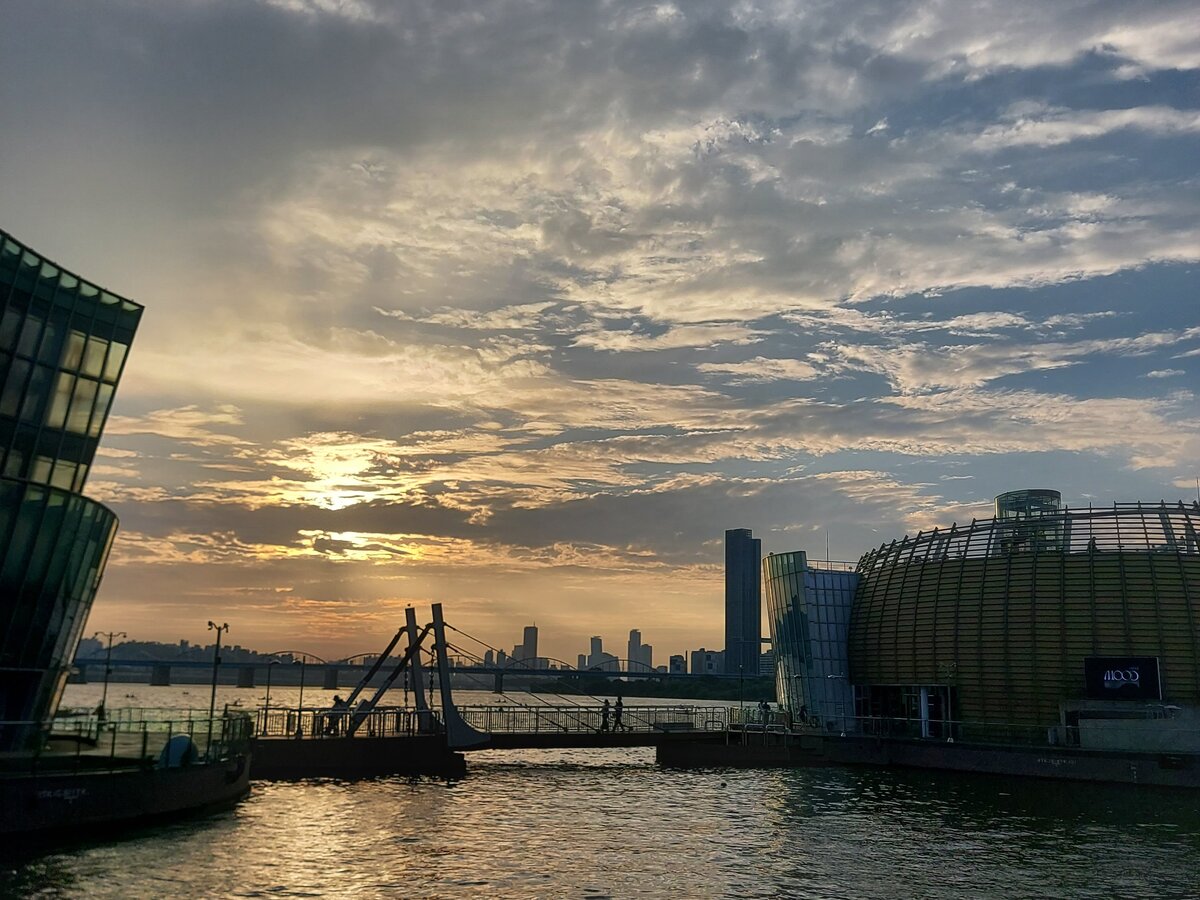
Han River in Seoul
Study culture – India vs Korea
However, once the classes began a month after her arrival in Seoul, she had a tough time adapting to the study culture in Korea. “Korea is highly competitive and instead of focusing solely on textbooks, there’s a strong emphasis on research papers and presentations. Since mine is a language course, there’s a special focus on speaking,” explains Vanshika, who finds her classmates and teacher very welcoming.
Language proficiency is crucial not just for communication but plays a pivotal role in renting an accommodation too, especially if you are on GKS scholarship. “It’s mandatory for first year students to stay in the dorm. If you wish to rent an apartment, you need to have at least a level 3 in TOPIK,” reveals Vanshika, who pays 1.2 million won per semester for her dorm room.
Transformational experience
Having lived in Korea for a year now, Vanshika feels changing her major was one of the best decisions of her life as it has had a huge influence on her personality. ” “Interacting with people from diverse cultures and learning from Korean culture every day has really transformed me. Plus, living alone in a new country has given me immense confidence.”
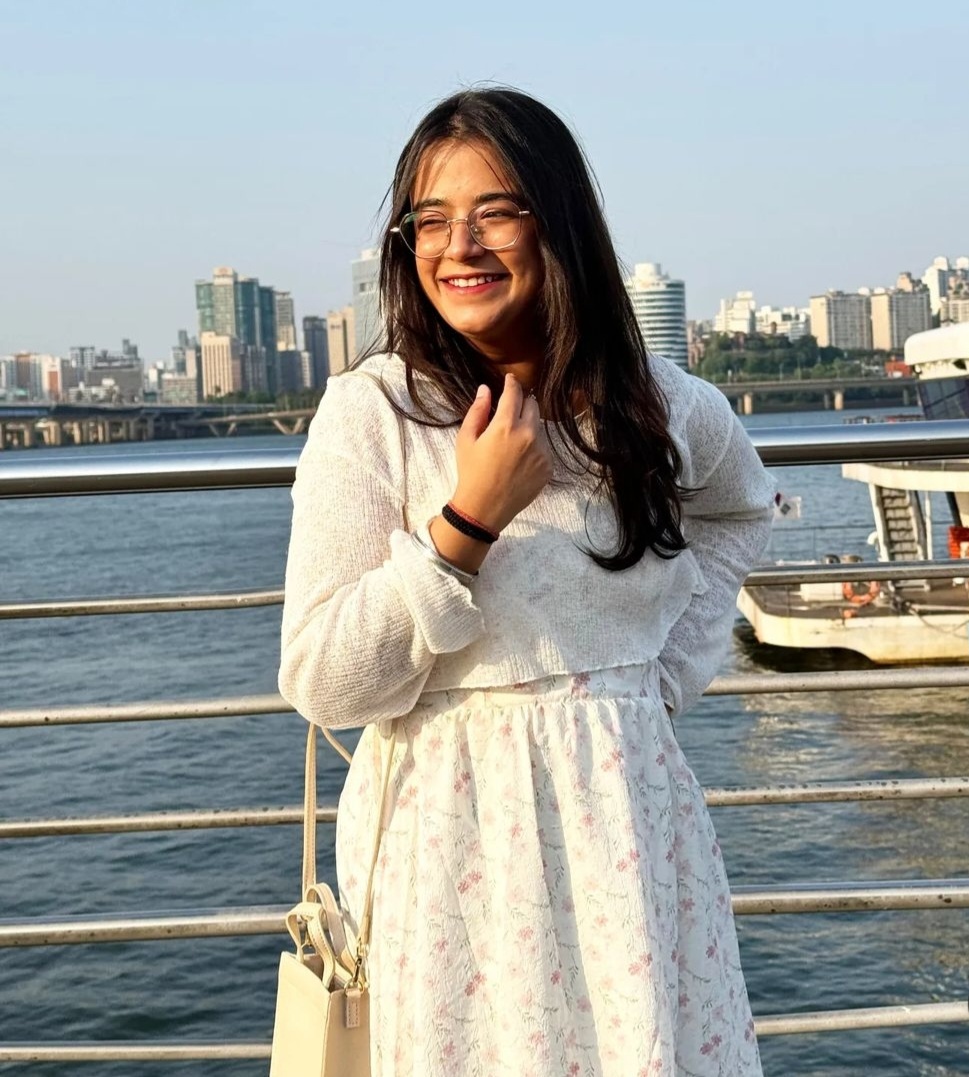
Her advice to students applying to Korean universities is to learn the basics of the Korean language. “Communication is essential to survive.” She also encourages students to be proactive in addressing any doubts or questions with the universities. “It’s important to be open and accepting of new experiences,” she adds.
- Follow Vanshika Mittal on LinkedIn

